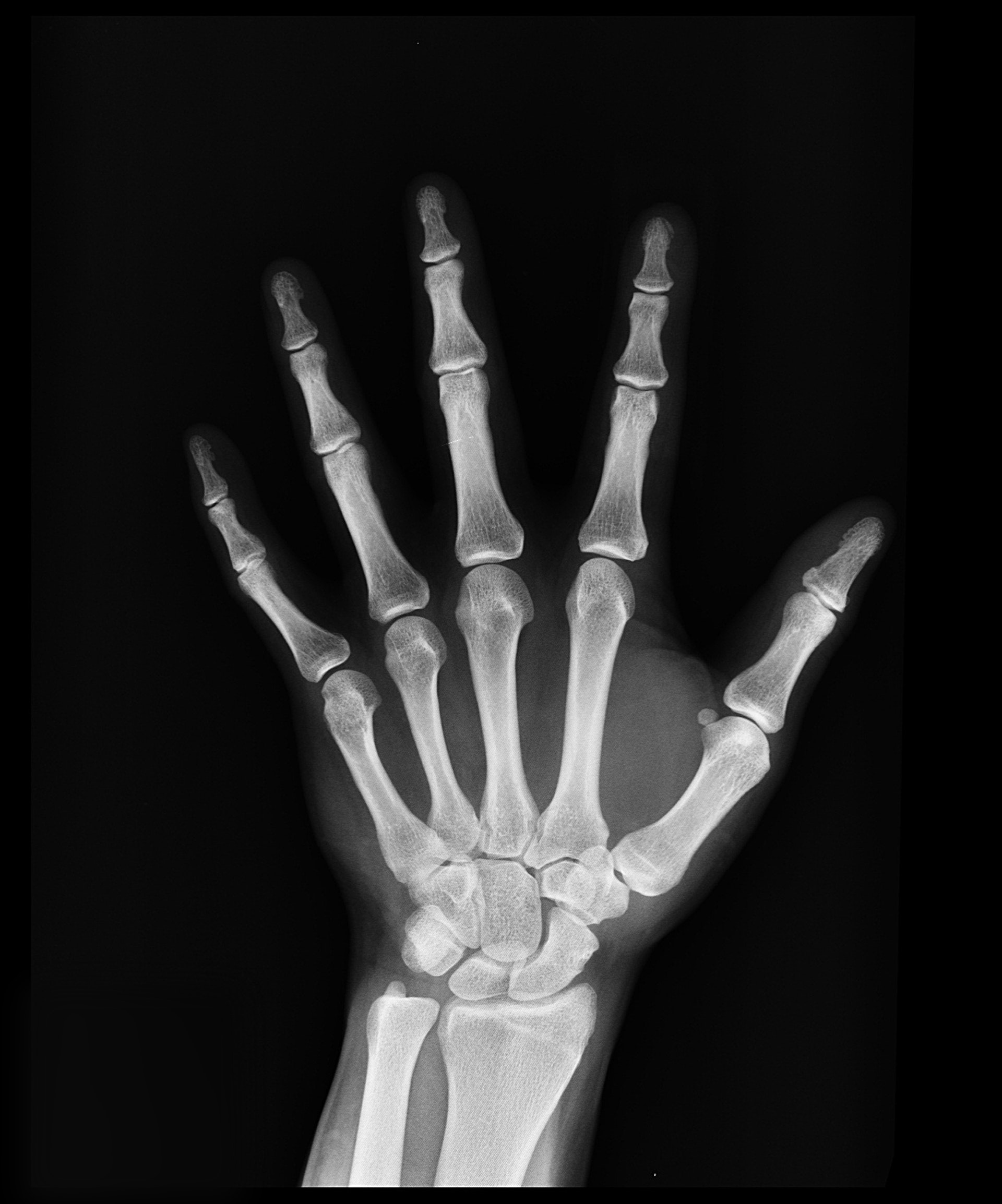What Can You Do About A Loved One’s Memory Disorder?
Memory disorders, such as dementia and Alzheimer’s, are a growing fear as we live longer and longer as a population. Dementia affects 5% of the older population alone and can often lead to Alzheimer’s or other neurodegenerative issues. Memory disorders are a scary concept and, when your relative is diagnosed, it can be very difficult to deal with it. You want to help, but how do you help when you can your parent, grandparent, or other loved one changing before your eyes? Here are a few pieces of advice collected to help you cope with a loved one’s dementia and how you can help them.
Learning more about their behaviors
One of the most painful experiences, when someone in your life has dementia or other memory disorders, is that it doesn’t only affect their memory, but their personality and mood, as well. Websites like lbda.org can be crucial in helping you understand what changes in behavior you can expect, as well as how to deal with them. You cannot change the person or turn them back into the person they were, but by understanding the triggers of hurtful or angry behavior, you can identify the risks and try to prevent them. For instance, agitation can be caused by noise, clutter, breaking the routine, genuine pain, and more. Wandering (the act of walking or moving around seemingly aimlessly) may begin because the person has a genuine need to find something or go somewhere that they have forgotten.
Helping with treatment
Unless you’re a medically licensed practitioner, it might seem like you don’t have anything practical to offer when it comes to the treatment of your loved one but that isn’t necessarily true. Helping them coordinate their care and ensuring that it’s done in the safest way possible can help. For instance, you can help with medication by organizing it by day and ensuring they take it at a routine time every day. You can organize transport to and from appointments for them and join them on those appointments, so you can ask questions and note down answers if they become confused or stressed, too.
Developing routines
One of the most painful experiences, when someone in your life has dementia or other memory disorders, is that it doesn’t only affect their memory, but their personality and mood, as well. Websites like lbda.org can be crucial in helping you understand what changes in behavior you can expect, as well as how to deal with them. Learning about memory in general could also be a good idea, and this article about Semantic Memory Psychology: Exploring The Depths goes into great detail about one of the most important areas of memory that has a massive impact on everyday life, and how memory disorders can affect it. You cannot change the person or turn them back into the person they were, but by understanding the triggers of hurtful or angry behavior, you can identify the risks and try to prevent them. For instance, agitation can be caused by noise, clutter, breaking the routine, genuine pain, and more. Wandering (the act of walking or moving around seemingly aimlessly) may begin because the person has a genuine need to find something or go somewhere that they have forgotten.

Building communication
As a memory disorder develops, you may begin to see that your loved one is not able to communicate as effectively as they once were. They may lose their place in conversations, find it difficult to retain information and have trouble expressing themselves. It might be tempting to infantilize them and skip past the communicating stage, but they can still find this hurtful and it can make it harder to reach any form of understanding or consensus. Set a positive mood with your tone/choice of language, ensure you have caught their attention before you start speaking, and make your message as clear as possible. If you’re seeking feedback, offer questions they can easily answer, preferably with options that they can choose between without issue. For instance, if you’re helping them get dressed, you can show them both dresses and ask whether they want to wear the blue dress or the yellow dress.
Providing nutrition
The food we eat has been shown to play a major factor in both the risk and development of disorders like dementia and Alzheimer’s. Providing nutritious meals is essential for the daily care of your loved one. A balanced diet, avoiding cholesterol, refined sugar, sodium, salt, and high saturated fats is important. Sites like Alz.org can also help you look at how to make mealtimes easier, and how to find the potential reasons behind a loss of appetite. For instance, it’s wise to avoid foods that are hard to chew or swallow and to keep an eye out for signs of choking.
Getting active
Exercise is great for those with memory disorders. It can help improve mood and well-being, as well as reduce harmful or challenging behavior. Exercise, or the lack of it, is also another leading factor in the development of dementia. It can also help them prevent other health issues, such as those that might limit their mobility. It’s a good idea to talk to their doctor about safe and responsible exercises they can do that aren’t high-impact or likely to involve too much recovery time. The physical activity involved in things like walking, gardening, tai chi, even dancing, and exercise classes (if it’s recommended by a doctor) can make a big difference to their well-being and how much enjoyment they get out of life. If you want to encourage them to get more active, then it’s wise to lead by example and join in.

Offering company
One of the leading problems that people with memory disorders have is isolation. Not only can dementia cause isolation, but isolation is thought to be a causal factor in dementia. If your relationship with them becomes one of the caregivers, primarily, then it can be hard to remember that they need social company, too. Helping them find it by joining exercise or hobby groups, or simply taking the time to engage with them for social reasons alone can be very helpful in improving their quality of life. As we grow older, it becomes harder to maintain face-to-face contact and to keep meaningful relationships and memory disorders can only make it harder, so try to help them.
Ensuring the best environment
Helping your loved one choose where they live, or choosing for them, is not always easy. The familiarity of their home can help them curb aggressive or angry behavior, but it simply might not be the safest environment for them. If you’re trying to make a home for a loved one with dementia or Alzheimer’s, it’s wise to look at sites like Brightfocus.org on how to adapt to that environment. The task needs to be addressed from a few different angles. Providing a safe environment by removing potential risk factors and making the home more accessible so that they can maintain more of their independence takes priority. However, even visual design needs to be reconsidered. Patterns, stripes, or designs that could potentially be confused (like green carpet which may be mistaken for grass) can make them disoriented and uncomfortable in their own home. If you want to help them live at home, then you need to ensure it’s a home they can live in.
Guaranteeing a level of care
Whether you are the primary caregiver or not, all the tips above can help you ensure that you’re helping your loved one with their memory disorder. However, if you’re unsure about what the future of their care looks like, you need to carefully consider your options. Do the circumstances of your life allow you to guarantee them the same level of care a professional might? If not, should you look for a live-in carer or find a better environment for them? Places like ParcProvence.com offer multiple options that can help you explore the pros and cons of all your options. Just make sure that their needs are addressed above all else.

Taking care of yourself
Regardless of how involved you are in the practical care for your loved one, loving someone with a memory disorder can be emotionally stressful and physically exhausting. If you’re playing an active role in their care, then you need to ensure that you’re taking the time to live your own life and to care for yourself. If you need time to yourself to avoid burnout, then you should consider asking another family member or even a friend to help out. Burnout is not only emotionally tiring but it can be physically dangerous, leading to sleep deprivation, anxiety, and more,
Joining support groups
Both you and your loved one could benefit from the insight and support lent by those who understand your situation better than others. Sites like Dementiasociety.org can help you find groups near you, where you can share your experiences and benefit from both the practical tips and the emotional coping tools that others have developed. Memory disorders can be very hard to live with, but it’s even harder to live with a problem that you feel unable to talk about. Support groups might be the perfect solution.
The most important thing to remember is that you don’t have to be alone. Coordinate with your loved one’s medical team, consider care options, share the burden with other family members if you can, and remember that there are support groups you can reach out to.



